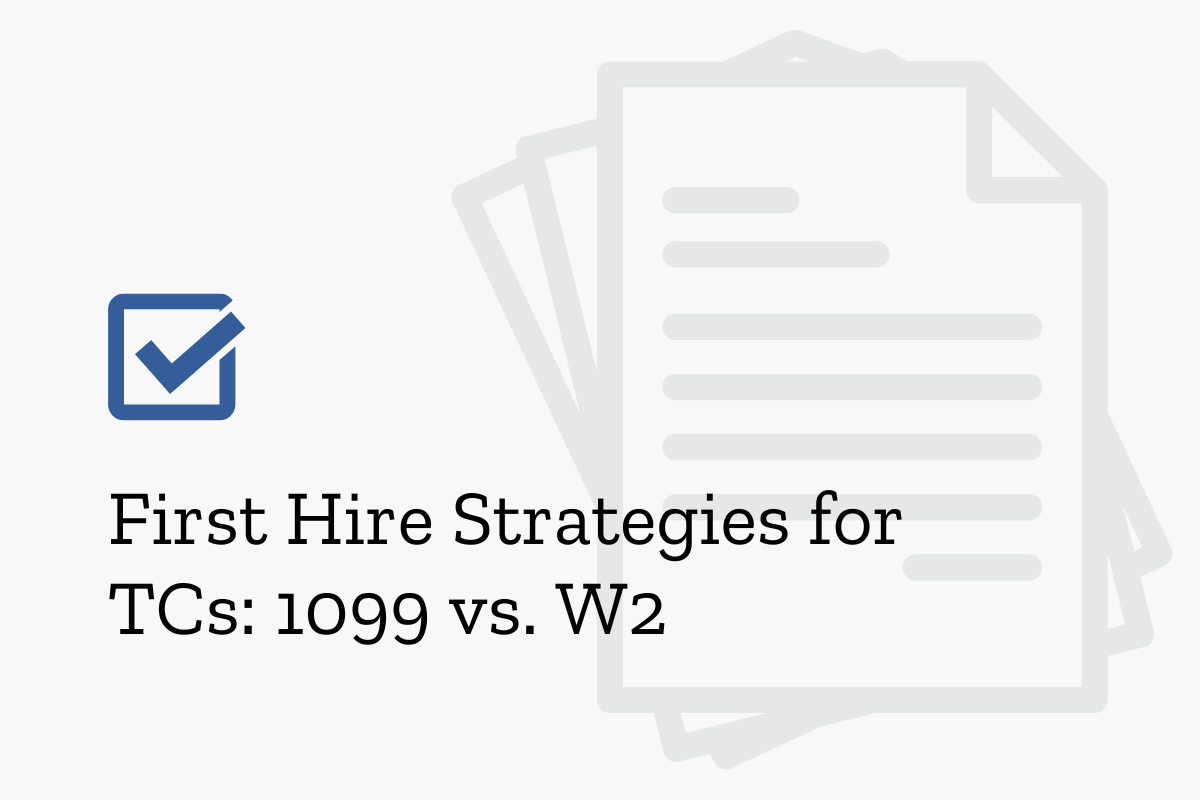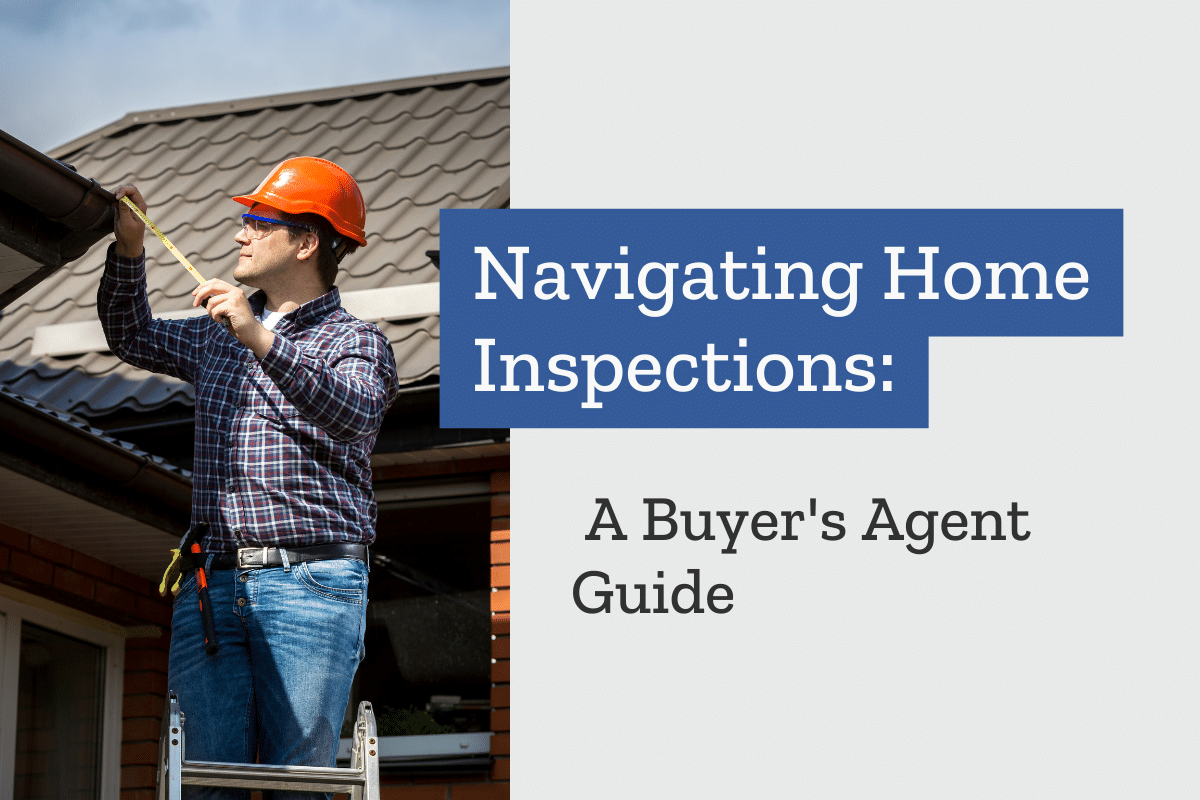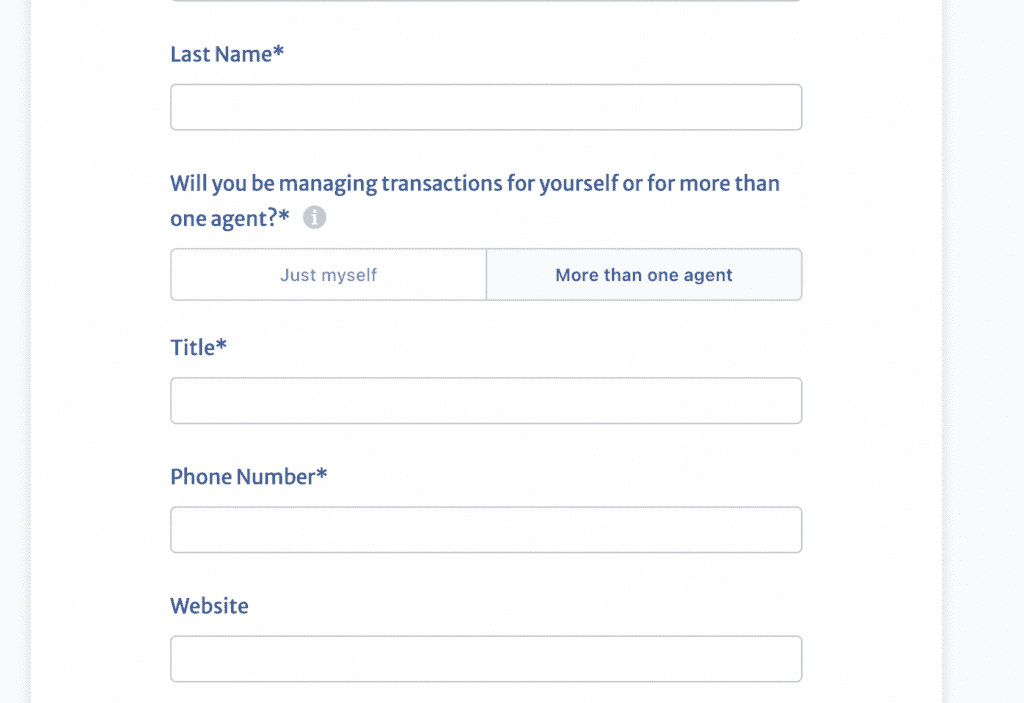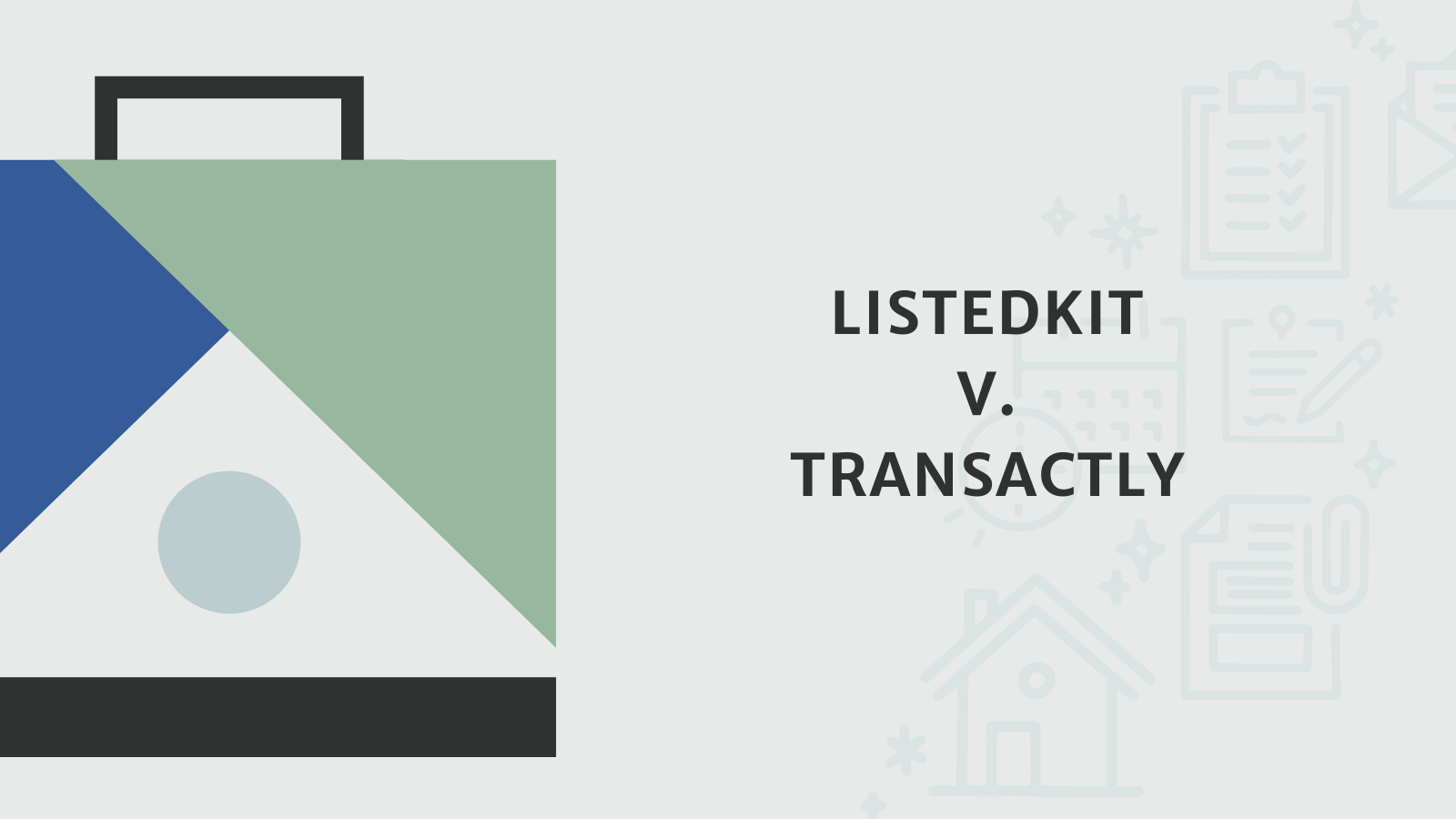Expanding the business is one of the milestones as a real estate transaction...
Navigating Home Inspections: A Buyer’s Agent Guide
A client's experience during a home inspection can make or break the client-agent...
New Team Software for Brokers, Transaction Coordinators, and Agents
When we first designed ListedKit, we wanted to tackle the relationship between real...
Real Estate Marketing Tips for Agents
Effective marketing has proven to be one of the most lucrative and valuable...
Top 10 Tools for Real Estate Agents
Are you a real estate agent looking for technology that can help you run a more...
How to Make Your Real Estate Business Stand Out in a Competitive Market
Real estate has always been a notoriously competitive market sector, and the stakes...
What Every Agent Needs to Know About Nurturing Real Estate Clients
You’re a busy agent, so you know how challenging it can be to keep track of all...
Getting Started with New Real Estate Clients
Imagine: a world where your transaction workflow saves you at least 12 hours on...
How To: Customize Your ListedKit Portal
Did you know you can customize your ListedKit portal with a logo and background...
How to Ask for Real Estate Referrals [with Free Template]
Real estate agents don't just sell homes. With every successful sales opportunity,...
ListedKit v. Transactly: The Complete Guide
Being a real estate agent comes with many detailed tasks that have to be completed...
ListedKit vs Paperless Pipeline: The Complete Guide [2025]
Everyone working in real estate today understands how challenging it is to manage...










![How to Ask for Real Estate Referrals [with Free Template]](https://listedkit.com/wp-content/uploads/2022/06/iStock-917826054-min.jpg)

![ListedKit vs Paperless Pipeline: The Complete Guide [2025]](https://listedkit.com/wp-content/uploads/2022/06/Versus-Blogs-min.png)